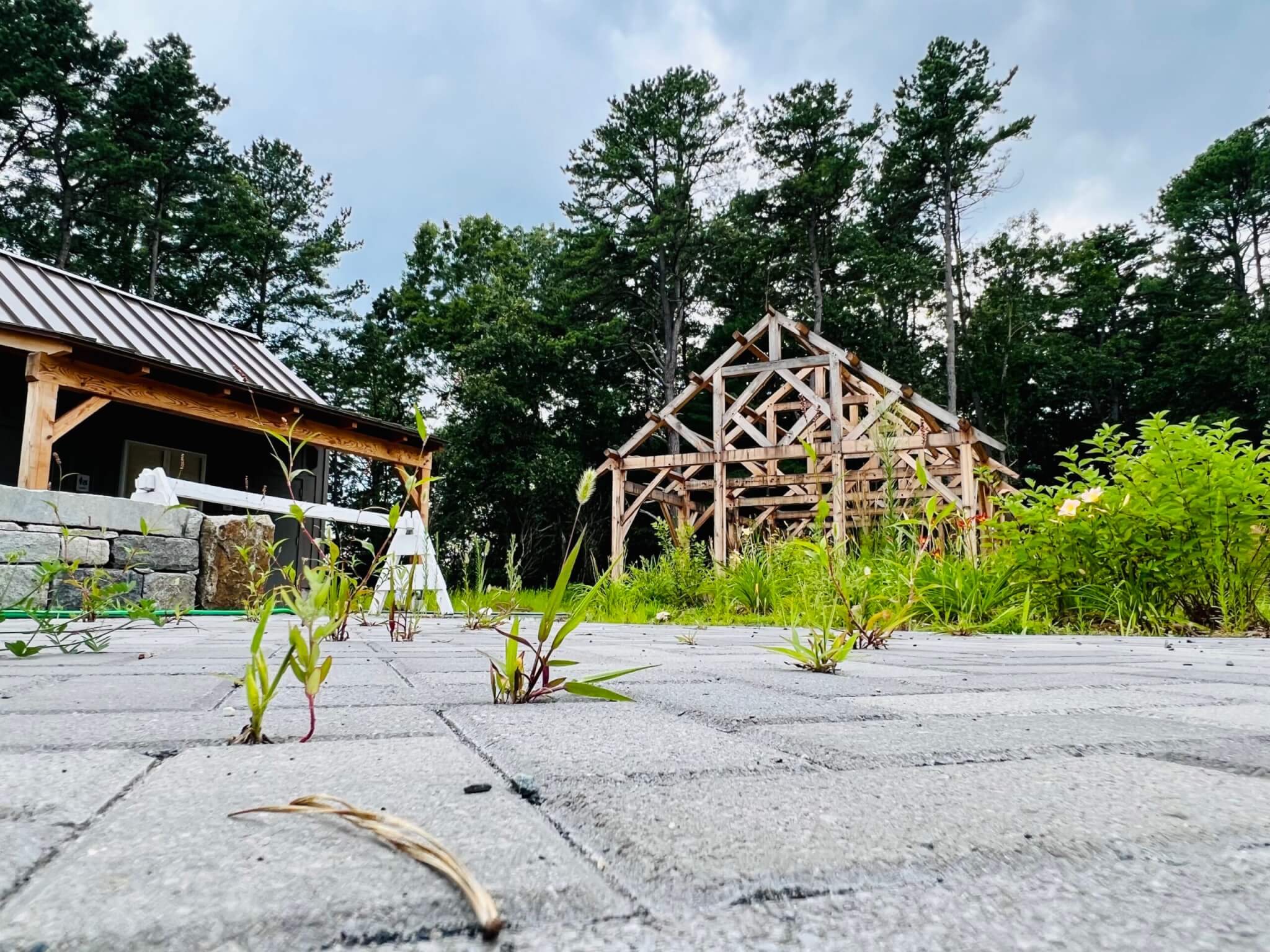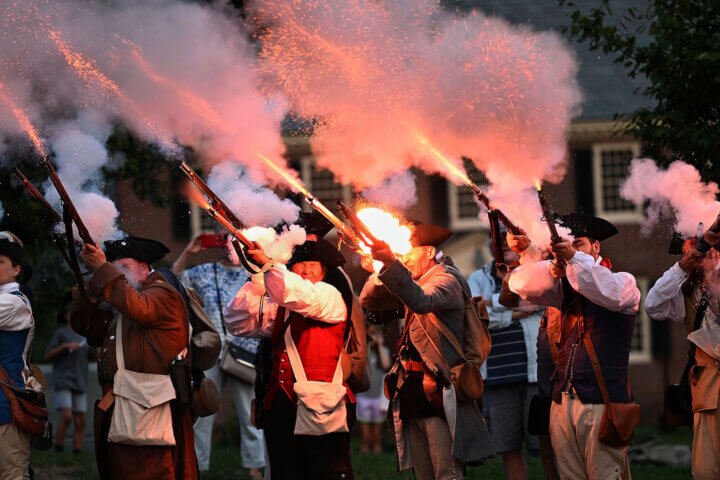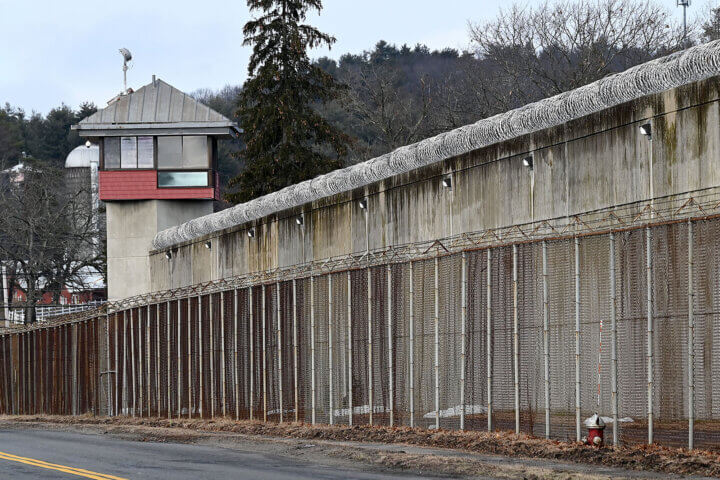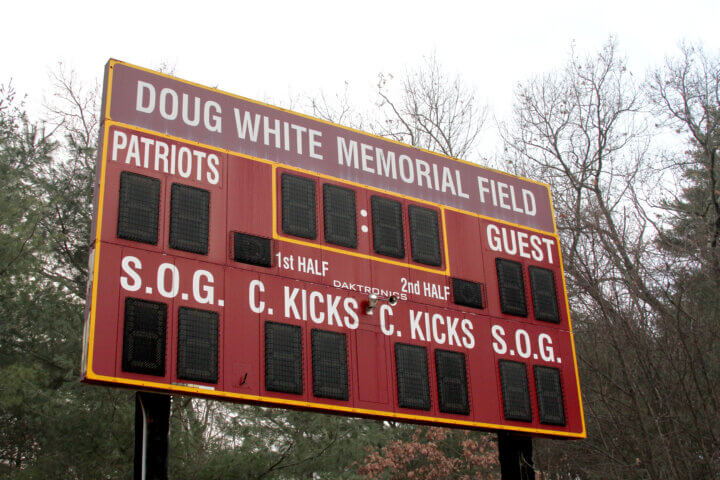After the town bought seven acres of land from the Gerow family in July 2018, it made plans to create an oasis for the public. Five years — and more than $4 million later — improvements to Gerow Park may finally become more reality than mirage.
Named for the family which owned it since the 1940s, town improvements to the land at 369 Commonwealth Avenue have gotten tangled up in delays and disputes with a contractor responsible for part of the project.
“This is something that’s been going on for a long time now,” Town Manager Kerry Lafleur told Select Board members at their most recent meeting, praising Gerow — nestled near Warner’s Pond and the Bruce Freeman Rail Trail — as “a real gem” in West Concord. “We wanted to come to you because we now have a solution to go forward.”
Lafleur described the Gerow Park enhancements as something of a saga — and a lesson in the potential perils of municipal contracting.
The shorthand version: Work on Gerow Park was split between two contractors.
In 2021, one contract of about $1.2 million went to Cole Contracting, Inc. for improvements including walkways, landscaping, and a timber pavilion. Separately, Marino Construction, Inc. won a bid of just under $381,000 to build the bathrooms. The foundation part of the restroom structure, however, was included in Cole’s contract, not Marino’s.
Marino got its portion of the job done last year. Cole didn’t (and still hasn’t). Instead, Lafleur explained, Cole came back to Concord officials with a claim for nearly $269,000 in cost overruns.
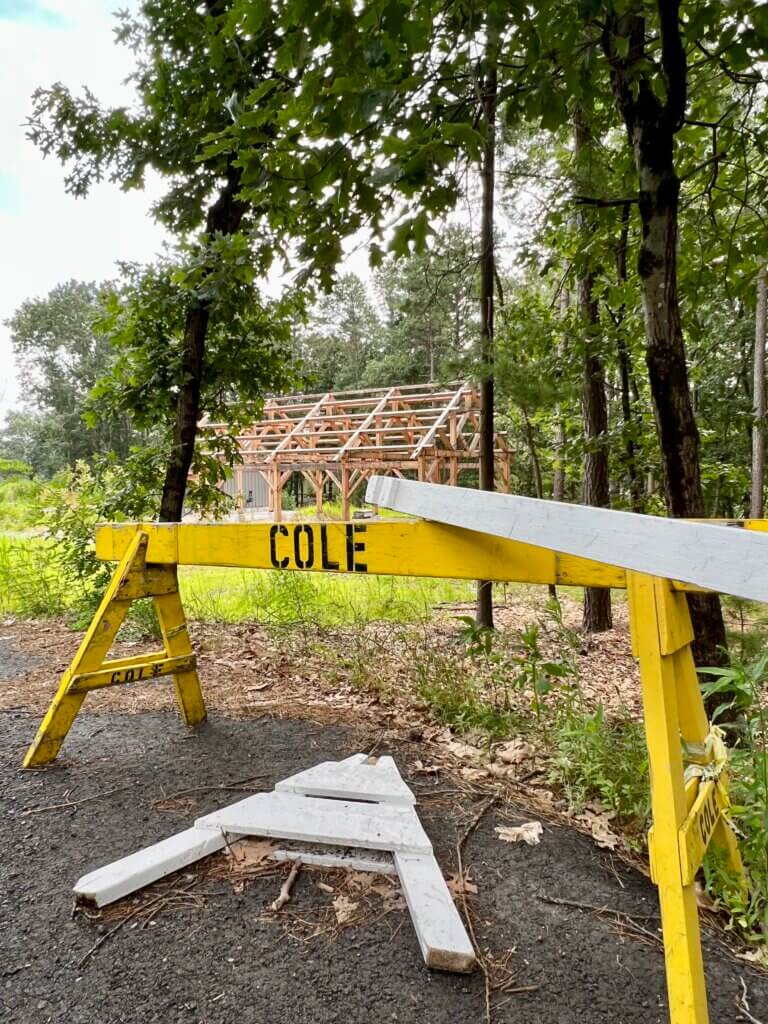
Speaking of the section of work awarded to Cole, Lafleur told the Board that “the issue with the park contract — it’s complex. I don’t think it’s a stretch to say it was awarded to a company and a project manager that had limited experience, particularly in working in municipal contracting,” Lafleur said.
“We’ve probably all had an experience where we’ve hired a contractor to do something. You may have even signed a contract. Things change, the price of something changes, and they just change the contract, right?” she continued. “In the municipal world, it doesn’t work that way. You sign a contract [and] that’s what you have to stick to.”
The town argued Cole didn’t have the contractual right to ask for more money due to snags like supply-chain issues and rejected the request, according to Lafleur.
Cole, she said, then came back to the town with a new claim — this time for even more extra money, about $280,000 — but attributed most of that cost to changes in the scope of the work, rather than outside issues like delays and price increases.
The town said no again — and in October 2022 formally put Cole on notice that it would terminate the contract if the company didn’t either provide documentation for its cost-increase requests or get back to work. Cole’s lawyer got involved.
“After significant delays (on the part of Cole) as of June 16, 2023, the Town and Cole have an agreement to complete the project, which includes a change order for materials to be used on the pavilion roof, siding and trim which is now needed to match those on the restroom building,” Lafleur specified in a July 20 memo to the Select Board.
Talks have continued, outgoing town Finance Director Gail Dowd told the Board, and “we are very close to being able to remobilize.”
A representative of Cole Contracting could not immediately be reached for comment on when work would resume or be completed.


